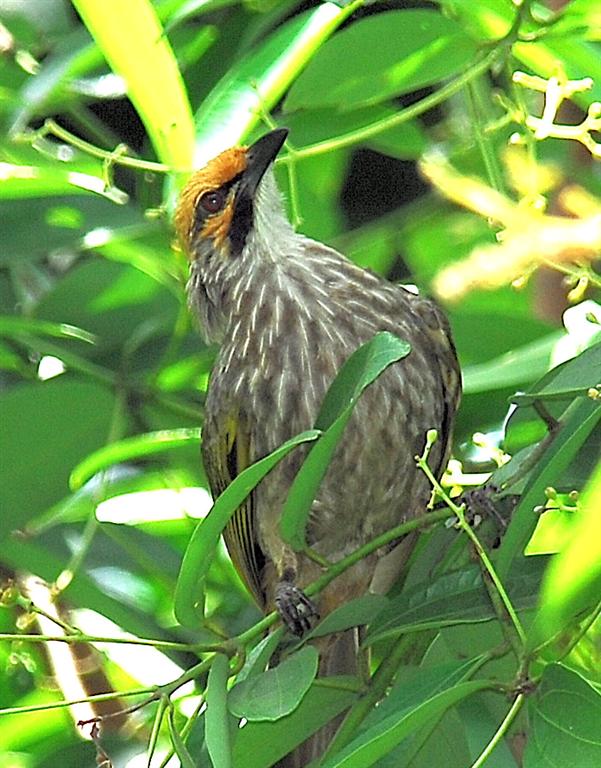 |
| Executive Director of TRAFFIC Steven Broad and current chairman of EAZA Thomas Kauffels. |
Wildlife trade monitoring network TRAFFIC has recently signed a memorandum of understanding (MoU) with the European Association of Zoos and Aquariums (EAZA) to enhance partnership on areas of common interest. One particular area is on promoting the goals of EAZA's Silent Forest campaign, which is directed on songbirds of Southeast Asia which are being captured and traded in unsustainable numbers to contribute the illegal wildlife trade, especially in Indonesia. The birds are known to be kept as both pets and participants in bird singing competitions, and they include a number of species such as the oriental magpie-robin, straw-headed bulbul, and white-rumped shama which have disappeared from large tracts of their home ranges. EAZA's campaign intends to address and alleviate the continuing songbird crisis by way of providing the resources required, scientific expertise, and financing to save an increasing number of songbirds from extinction. TRAFFIC is supporting these efforts, along with BirdLife and the IUCN Asian Songbird Trade Specialist Group, by way of providing technical support, particularly in helping with continuing bird market surveys across Southeast Asia. The MoU that TRAFFIC and EAZA signed entrusts the two organizations to share knowledge and expertise related to the stages of trade of species, with focus on newly threatened species, and include information about captive-breeding, illegal sourcing of specimens and suspected dealers. Not only songbirds are included as part of this MoU, but also other threatened species like reptiles and pangolins. As part of the partnership, Europe's zoos and aquariums will provide visitors with educational information on how to avoid buying illegal animal products and report suspicions of illegally traded animals. Efforts will also be aimed to help curb the illegal wildlife trade in Europe.
 |
| Straw-headed bulbul |
I find this partnership between TRAFFIC and EAZA as not only beneficial but also crucial to the survival of so many threatened species in Southeast Asia. Not only does this collaboration consist of sharing knowledge and expertise between these two organizations regarding the illegal wildlife trade, but it also aims to educate zoo and aquarium visitors on how to avoid purchasing products made of threatened animals and report suspicious activities related to the trade. I firmly believe that zoos and aquariums should educate visitors about the dangers of poaching and the illegal wildlife trade and what they can do to stop these illegal practices. The purpose of zoos and aquariums is to raise awareness through educational programs concerning the plight of the world's wildlife and what can be done to ensure its well-being. And to do that, zoos and aquariums should join forces with TRAFFIC and other international wildlife conservation organizations that specialize in fighting illegal poaching and wildlife trade. I really think that zoos and aquariums in other parts of the world, especially Southeast Asia and other hubs of poaching and illegal wildlife trade, should collaborate with TRAFFIC and other similar organizations in order to put a stop to such crimes against nature.
View article here
No comments:
Post a Comment